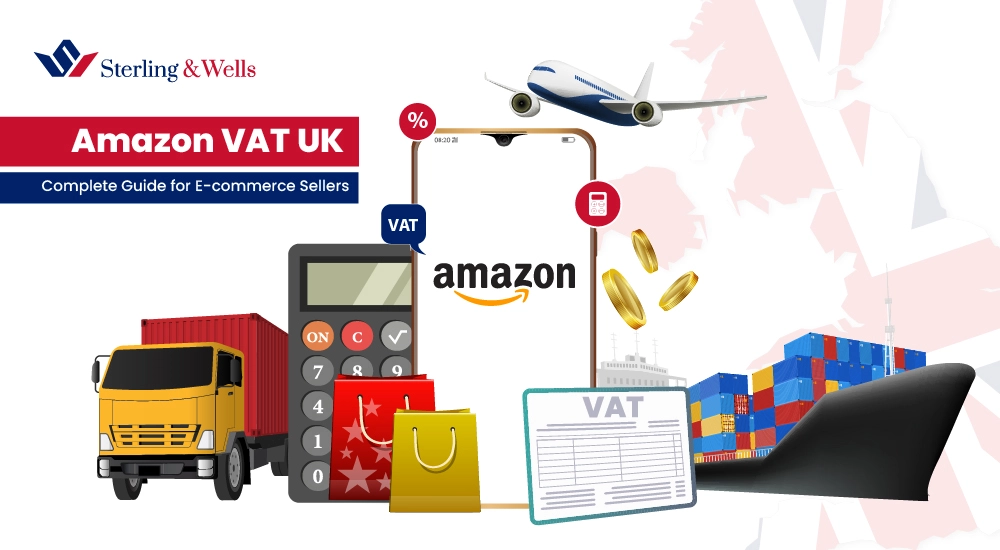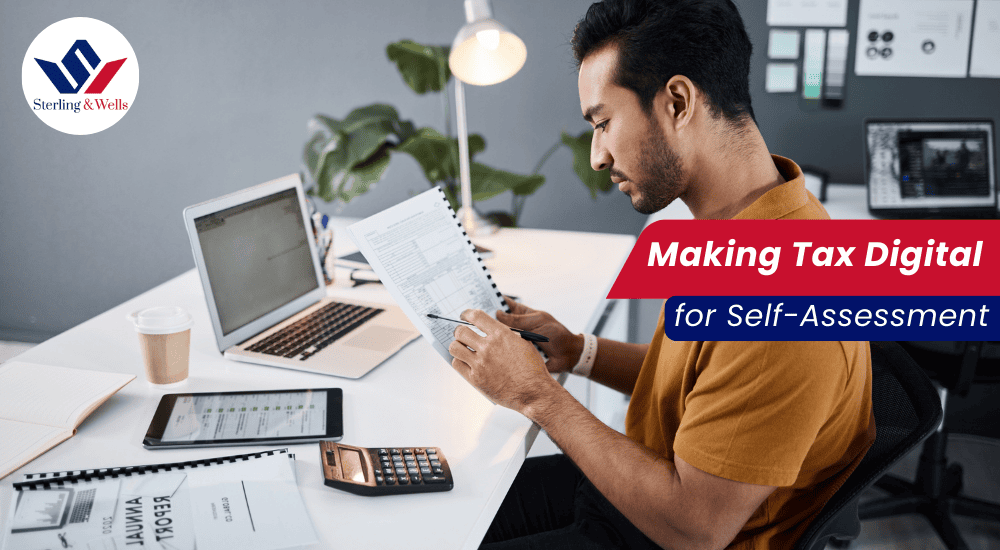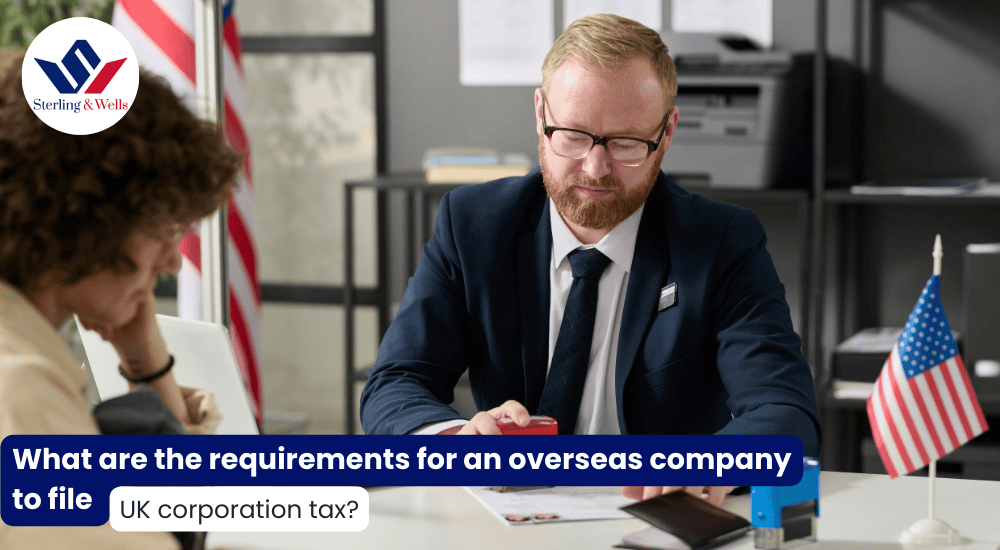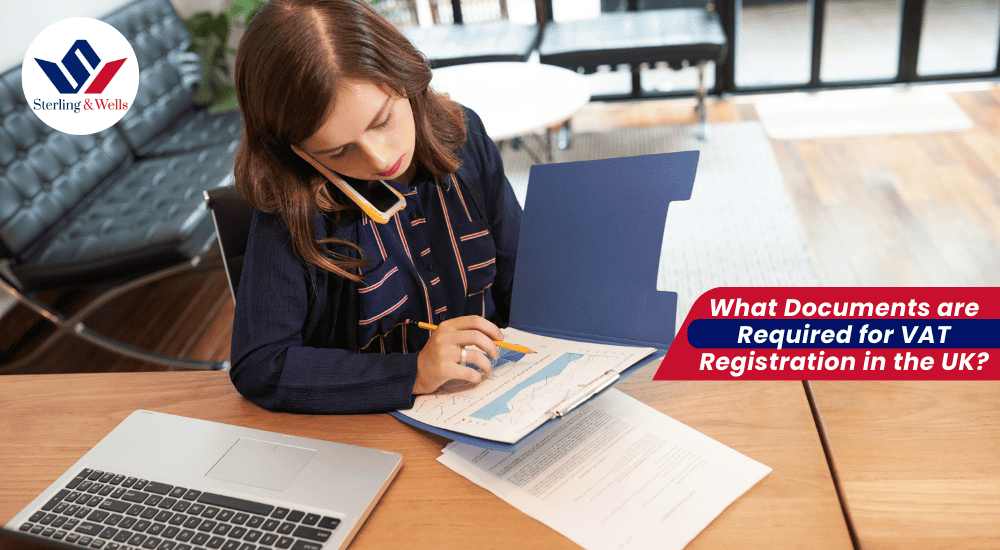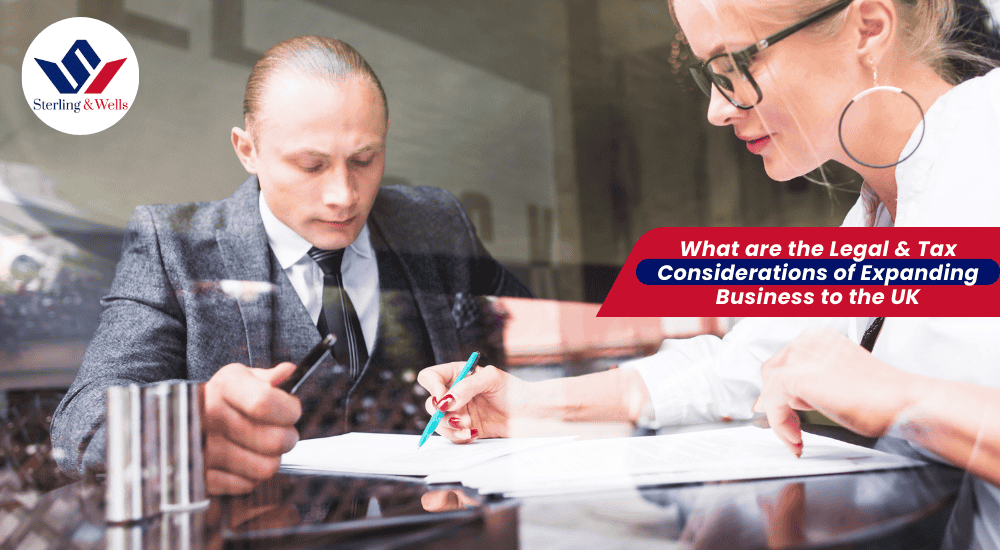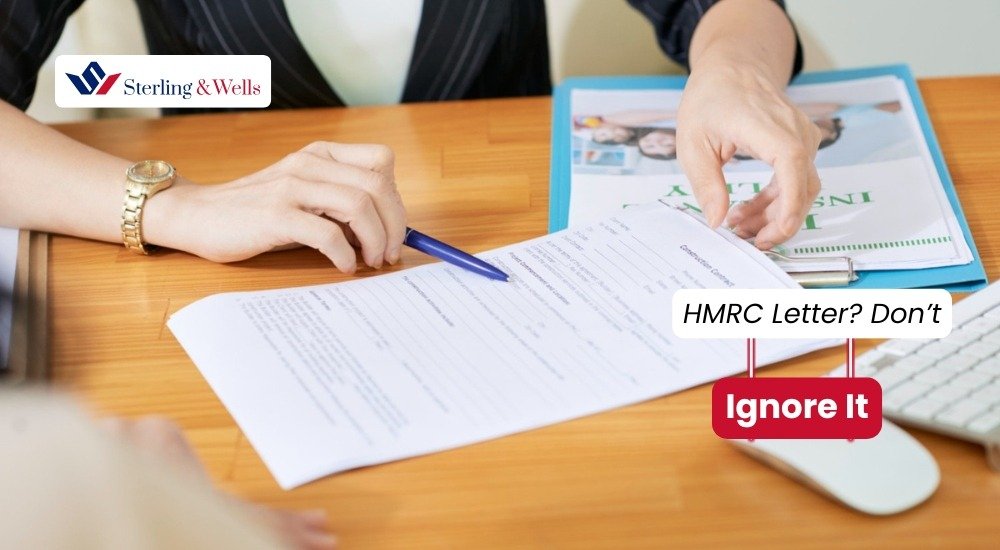Selling on Amazon UK as an overseas e-commerce business—whether you’re based in the US, India, or elsewhere—comes with a set of VAT obligations that can be both complex and costly if not properly understood. From the outset, sellers must contend with Amazon VAT UK, tax registration, the marketplace’s collection rules, import tax procedures, and the reclaiming of VAT on Amazon fees.
Since Brexit, the tax landscape has shifted significantly, requiring a precise and proactive approach to remain compliant with HMRC rules. Whether you fulfill orders yourself or use Amazon’s FBA (Fulfilled by Amazon) service, understanding how VAT is applied to the online marketplace sales is critical. This guide breaks down everything international sellers need to know about the UK tax when trading on Amazon, including how tax is charged, collected, reported, and reclaimed.
UK VAT Registration Requirements for Amazon Sellers
Overseas sellers who list goods for sale to UK customers via Amazon are subject to mandatory VAT registration. The usual tax threshold that applies to UK-based sellers does not apply here; for non-UK sellers, the registration threshold is effectively zero. This means that as soon as you begin selling to UK consumers, you are required to obtain a UK VAT number, regardless of your total turnover.
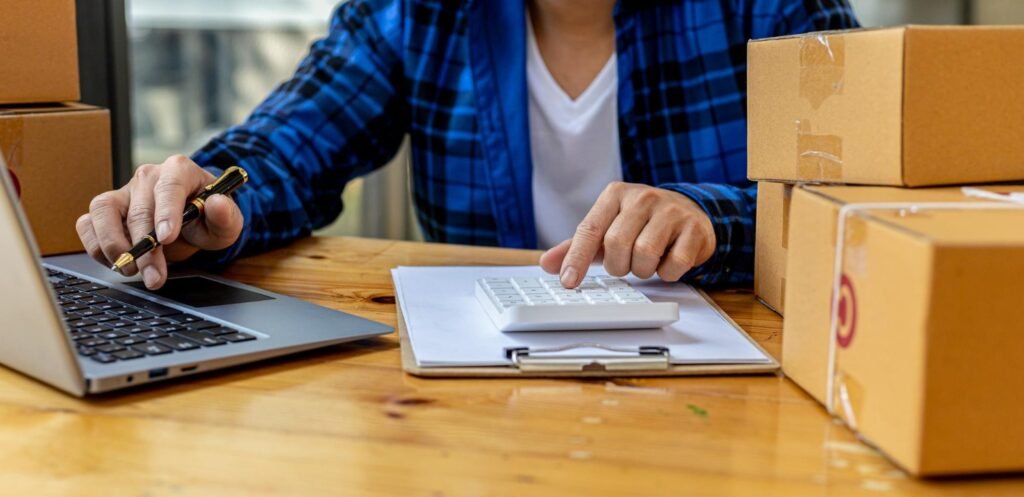
This requirement covers sellers who ship products directly from abroad to UK buyers, as well as those who store stock in the UK using Amazon’s FBA network. However, there are some exceptions to compulsory registration. For example, if sold to a UK VAT registered customer (B2B), the reverse charge mechanism applies, allowing the buyer to account for the tax. However, because the e-commerce marketplace is primarily B2C, most sellers will find that they must be VAT-registered and charge tax from the start.
Amazon’s Role in VAT Collection on UK Sales
Amazon plays a central role in VAT collection when overseas sellers list products on its UK platform. As a designated online marketplace (OMP) under UK tax law, the e-commerce platform is legally required to collect and remit VAT on many transactions involving non-UK sellers. This reduces the administrative burden for sellers but does not remove the need for proper tax registration or recordkeeping.
Here’s how Amazon handles VAT on your UK sales:
Low-value imports (≤ £135)
For goods shipped from outside the UK with a consignment value of £135 or less, Amazon adds 20% VAT at checkout and pays it directly to HMRC. The seller receives the price excluding the tax.
High-value imports (> £135)
For goods shipped from outside the UK with a consignment value of £135 or less, Amazon adds 20% VAT at checkout and pays it directly to HMRC. The seller receives the price excluding VAT.
Goods stored in the UK (Amazon FBA)
For inventory held in UK-based Amazon fulfillment centers, Amazon collects tax at the 20% rate on the final sale price and submits this to HMRC on the seller’s behalf. The seller does not need to charge tax directly on these consumer sales.
B2B sales to VAT-registered UK customers
In these cases, sellers can apply the reverse charge mechanism if Amazon has not collected Value-added tax . However, proper validation of the buyer’s VAT number and compliant invoicing are necessary.
While the online platform streamlines VAT collection in many scenarios, the responsibility for its registration, recordkeeping, and compliance still rests with the seller. You must monitor how Amazon categorizes your transactions and ensure your tax returns reflect the correct treatment for each type of sale.
VAT on Amazon Fees and Input Tax Reclaim
Amazon charges a range of service fees to sellers, including referral fees, FBA fulfillment charges, storage fees, advertising costs, and subscription plans. Historically, the online marketplace applied reverse charge mechanism on these fees when dealing with VAT-registered sellers. However, from August 1, 2024, it began applying 20% Value-added tax directly to all seller fees.
This change means that VAT-registered sellers will see tax added to Amazon invoices for these services and can subsequently reclaim this as input tax on their tax returns, provided they have accurate documentation. For non-registered sellers, this tax becomes a non-recoverable expense, increasing the effective cost of doing business on the online marketplace.
It is essential for sellers to keep all invoices issued, as they serve as the basis for claiming input tax. These invoices must be digitally stored in accordance with Making Tax Digital (MTD) regulations. Amazon’s VAT calculation service also reflects this information once the seller’s VAT number is submitted, ensuring compliance and proper tax treatment.
Import VAT and Postponed VAT Accounting for Amazon FBA Sellers
When shipping goods to the UK, particularly for the purpose of stocking FBA warehouses, sellers become liable for import VAT. To manage this efficiently and avoid cash flow issues, HMRC allows the use of Postponed VAT Accounting (PVA). This system enables businesses to declare and reclaim import VAT through their tax return rather than paying it upfront at the border.
Amazon’s Import VAT Handling Service typically defaults to using PVA, helping streamline this process for FBA sellers. Nevertheless, it is important to verify these settings in your account. In addition, sellers should obtain monthly postponed tax statements through the Customs Declaration Service, as these are required for reclaiming the VAT declared under PVA.
If a seller uses third-party freight forwarders or couriers to arrange shipments to the UK, they should ensure that those providers also apply PVA. Most logistics companies now use this by default, but confirmation is still advised to avoid unnecessary import VAT payments that cannot be reclaimed immediately.
Amazon VAT Invoicing and Recordkeeping in UK
Even though the online platform handles tax on most B2C sales, sellers still bear responsibilities for accurate invoicing and recordkeeping. For B2C transactions, it issues receipts that satisfy HMRC’s tax requirements, and these typically suffice for compliance. However, for B2B sales to UK VAT-registered customers, the seller must issue a proper VAT invoice detailing the transaction and the VAT treatment.
All transactions—whether sales, returns, or fee payments—must be recorded digitally in MTD-compliant software. Amazon provides transaction reports and VAT invoices that can be integrated into most accounting platforms. Since the UK left the EU, the online marketplace operates as a separate entity from its EU counterparts, and sellers should note that all invoices will be issued in GBP with tax applied where relevant.
Maintaining organized digital records of all Amazon VAT UK activity is not just a best practice—it is a legal requirement under the UK’s Making Tax Digital regime. Failure to comply can lead to penalties or VAT reclaim issues, so sellers should invest in reliable accounting software or engage a UK tax advisor to manage these obligations effectively.
Conclusion: Ensuring VAT Compliance for Amazon UK Success
Successfully selling on Amazon as an overseas business requires more than just listing your products and shipping inventory. From the very beginning, you must register for Amazon VAT UK, manage your import VAT exposure, and ensure you reclaim VAT on Amazon’s growing range of service fees. While the marketplace model simplifies tax collection for consumer sales, the responsibility to remain compliant with HMRC rules ultimately falls on you.
Proper tax handling can improve your cash flow, reduce costs, and avoid penalties. Leveraging tools like Postponed VAT Accounting, using the platform’s VAT calculation services, and maintaining digital records aligned with MTD will position your business for long-term success. As VAT rules continue to evolve, staying updated and working with a knowledgeable advisor can protect your margins and keep your e-commerce operations running smoothly.
